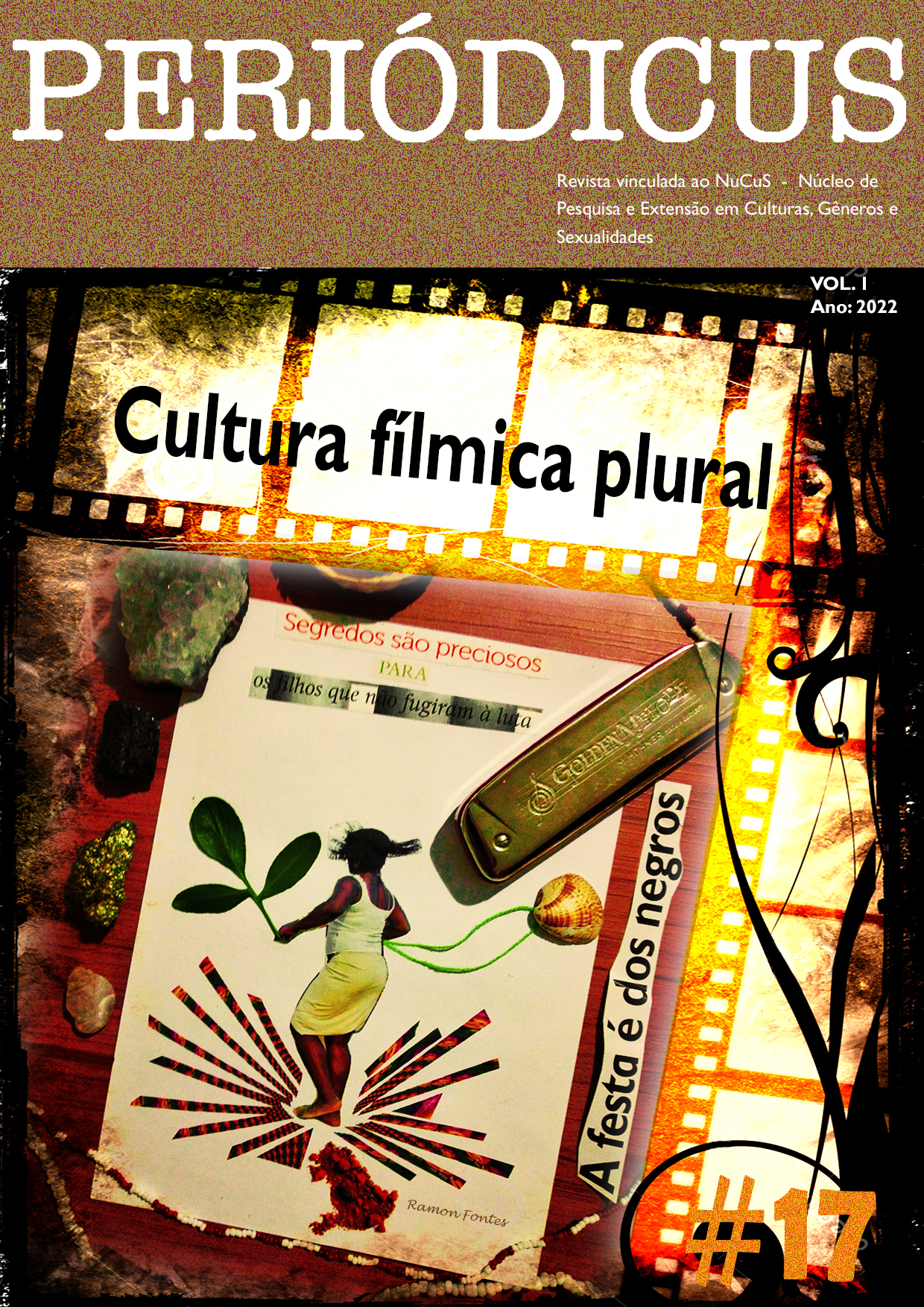Homophobic hate speech on social media:
an analysis from the public speeches of the Bolsonaro family
DOI:
https://doi.org/10.9771/peri.v1i17.37635Abstract
This paper aims to problematize hate speeches that have been circulating on social networks, especially since the 2018 electoral period, given by the former candidate and today president, Jair Messias Bolsonaro. It tests possibilities of analysis on how the hate speech against LGBTQIA+ people spreads, finds supporters and may be related to cases of violence that have been occurring outside the virtual space, such as verbal and physical violence. The motivations for writing emerge from our attention to these speeches, in view of our link with a specialization course in gender relations and sexualities, from a federal public university, and with gender and sexuality studies under constructionist and postcriticism. We problematize the public speeches of the politician as power strategies to legitimize privileges and reiterate, in language, as a producer of the world and of subjectivities, prejudices and violence directed at dissident subjects of cisheteronormativity. To this end, we used a survey of videos, posts and comments on the Facebook social network of the then presidential candidate at the time and, eventually, of his children, Senator Flávio Bolsonaro, Federal Deputy Eduardo Bolsonaro and Councilman Carlos Bolsonaro.
Keywords: Hate Speech. LGBTQIA+ people. Social media. Bolsonaro family. Homophobia.
Downloads
Downloads
Published
How to Cite
Issue
Section
License
Copyright (c) 2022 Roney Polato de Castro, Marluce Moura Lopes

This work is licensed under a Creative Commons Attribution-NonCommercial 4.0 International License.
Authors who publish in this journal agree to the following terms:
Authors retain copyright and grant the journal the right of first publication, with the work simultaneously licensed under a Creative Commons Attribution Noncommercial License that allows the work to be shared with acknowledgment of authorship and initial publication in this journal, but prohibits commercial use.
Authors are authorized to enter into separate additional contracts for non-exclusive distribution of the version of the work published in this journal (e.g., publishing in an institutional repository or as a book chapter), with acknowledgment of authorship and initial publication in this journal.
Authors are permitted and encouraged to publish and distribute their work online (e.g., in institutional repositories or on their personal website) at any point before or during the editorial process, as this can generate productive changes and increase the impact and citation of the published work (see The Effect of Open Access).








